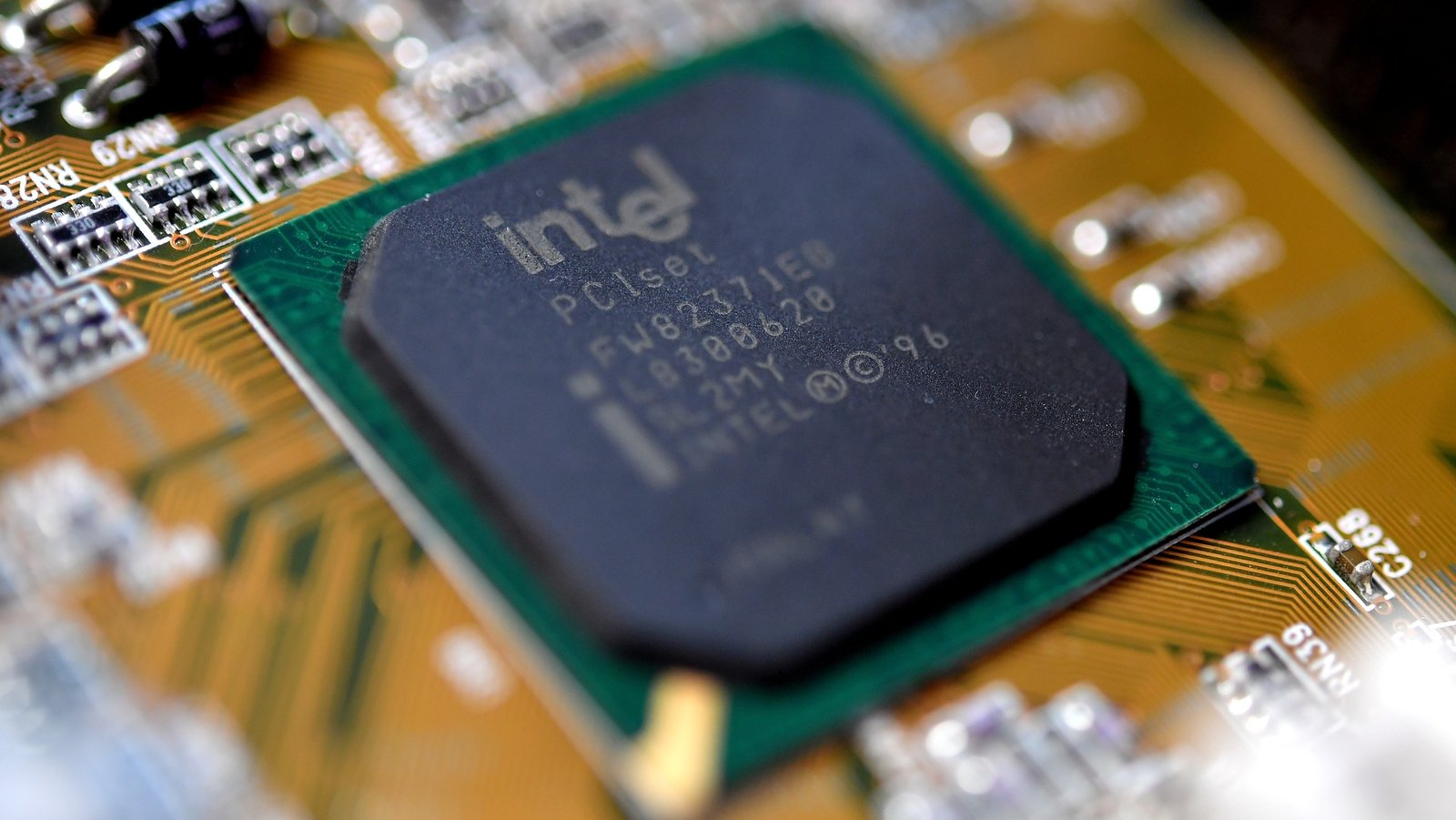
로이터 통신이 전한 소식이다.
인텔의 CEO Pat Gelsinger는 지난 월요일 일부 자동차 생산 라인을 폐쇄하게 만들고, 가전 제품을 포함한 다른 분야에서도 문제를 발생시키는 ‘반도체의 글로벌 품귀 현상’이 해결되는 데 몇 년이 걸릴 수 있다고 밝혔다.
그는 타이베이에서 열린 Computex 무역 박람회의 가상 세션에서 COVID-19 대유행 기간 동안 자택 근무와 원격 교육 등의 영향이 “반도체의 폭발적인 성장주기”로 이어져 전 세계에 큰 부담을 안겨주 었다고 말했다. 그러며 “업계가 단기적인 제약을 해결하기위한 조치를 취했지만, 파운드리 용량, 기판 및 구성 요소의 부족을 해결하는 데는 2년 정도의 시간이 걸릴 수 있다”고 덧붙였다.
Gelsinger는 4 월 중순 인터뷰에서도 The Washington Post와의 인터뷰에서 반도체 부족 문제가 완화 되려면 “2년”이 걸릴 것이며 인텔은 미국 자동차 공장에서의 반도체 부족 문제를 해결하기 위해 6~9개월 이내에 칩 생산을 시작할 계획이라고 밝혔다.
인텔은 지난 3월에 애리조나에 2개의 공장을 건설하고 외부 고객에게 공장을 개방하는 등 고급 칩 제조 능력을 확장하기 위한 200억 달러 계획을 발표했다.
Gelsinger는 “우리는 미국과 유럽의 다른 지역으로 판매망을 확장하여 전세계에 지속가능하고 안전한 반도체 공급망을 보장 할 계획”이라고 말했다.
인텔의 계획은 2년 내에 가장 높은 수준의 칩을 만들 수있는 두 회사 인 TSMC (Tiwan Semiconductor Manufacturing Co Ltd)와 삼성전자 (Samsung Electronics Co Ltd)에 도전할 수준까지의 성장을 이뤄내는 것이다.
현재 두 회사는 반도체 제조 사업을 장악하였고, 현재 2/3 이상의 반도체 칩이 아시아에서 생산되고 있다.
Intel Corp’s CEO said on Monday it could take several years for a global shortage of semiconductors to be resolved, a problem that has shuttered some auto production lines and is also being felt in other areas, including consumer electronics.
Pat Gelsinger told a virtual session of the Computex trade show in Taipei that the work-and-study-from-home trend during the COVID-19 pandemic had led to a “cycle of explosive growth in semiconductors” that has placed huge strain on global supply chains.
“But while the industry has taken steps to address near term constraints it could still take a couple of years for the ecosystem to address shortages of foundry capacity, substrates and components.”
Gelsinger had told The Washington Post in an interview in mid-April the shortage was going to take “a couple of years” to abate, and that it planned to start producing chips within six to nine months to address shortages at U.S. car plants.
Intel announced a $20 billion plan in March to expand its advanced chip manufacturing capacity, building two factories in Arizona and opening its plants to outside customers.
“We plan to expand to other locations in the U.S. and Europe, ensuring a sustainable and secure semiconductor supply chain for the world,” Gelsinger said, without elaborating.
Intel’s plans could directly challenge the two other companies in the world that can make the most advanced chips – Taiwan Semiconductor Manufacturing Co Ltd (TSMC) and South Korea’s Samsung Electronics Co Ltd.
The two have come to dominate the semiconductor manufacturing business, moving its centre of gravity from the United States, where much of the technology was once invented, to Asia, where more than two-thirds of advanced chips are now manufactured.
![]()



![[Tech/Biz Trend] 2024년 상반기 IT 트렌드 총정리!](https://mobiinsidecontent.s3.ap-northeast-2.amazonaws.com/kr/wp-content/uploads/2024/07/08133627/240709_%EC%83%81%EB%B0%98%EA%B8%B0-IT-%ED%8A%B8%EB%A0%8C%EB%93%9C_01-218x150.jpg)
![[IT 경제를 말하다] 마하 1칩 하드웨어 최적화를 위한 AI 경량화 알고리즘](https://mobiinsidecontent.s3.ap-northeast-2.amazonaws.com/kr/wp-content/uploads/2024/06/13135458/240614_AI-%EA%B2%BD%EB%9F%89%ED%99%94-%EC%95%8C%EA%B3%A0%EB%A6%AC%EC%A6%98_%EC%84%AC%EB%84%A4%EC%9D%BC-218x150.png)
![[IT 경제를 말하다] 이번 대만 지진에 TSMC는 무사한가?](https://mobiinsidecontent.s3.ap-northeast-2.amazonaws.com/kr/wp-content/uploads/2024/04/30095117/%EB%8B%A4%EC%9A%B4%EB%A1%9C%EB%93%9C-2-1-218x150.jpg)